ProRate Energy
About this Organization
Most grid energy will remain dirty until unleashed free-market forces accelerate cheaper renewable energy's eclipse of fossil fuels -- a process that has already begun.
Rooftop Community Solar is a transition from standard Rooftop solar, usually remunerated with NEM (net energy metering), to a hybrid where excess production above consumption is sold to any Community Solar Subscriber (CSS) at rates much lower than standard retail because they "cost" the price of Negawatts. The Rooftop Community Solar Owner (RCSO) is paid via "standard" community solar credits as bill credits to the CSS. I.e., via 3 pairs of payers, i.e., Utility pays CSS with bill credits, CSS pays the RCSO according to production at around 1/2 the fixed retail price per kWh, RCSO provides net kWh to the Utility.
Ratepayers will receive much more than the cost of their Distributed Energy Resources, (DER), investments like: energy efficiency, load flexibility, batteries, electric vehicles, solar or community solar, etc.
Experience shows that without these tools we will continue to waste $100 MM on bad investments in power plants, transmission lines while enriching stockholders and improverishing our community.
Rooftop Community Solar is a transition from standard Rooftop solar, usually remunerated with NEM (net energy metering), to a hybrid where excess production above consumption is sold to any Community Solar Subscriber (CSS) at rates much lower than standard retail because they "cost" the price of Negawatts. The Rooftop Community Solar Owner (RCSO) is paid via "standard" community solar credits as bill credits to the CSS. I.e., via 3 pairs of payers, i.e., Utility pays CSS with bill credits, CSS pays the RCSO according to production at around 1/2 the fixed retail price per kWh, RCSO provides net kWh to the Utility.
Ratepayers will receive much more than the cost of their Distributed Energy Resources, (DER), investments like: energy efficiency, load flexibility, batteries, electric vehicles, solar or community solar, etc.
Experience shows that without these tools we will continue to waste $100 MM on bad investments in power plants, transmission lines while enriching stockholders and improverishing our community.

